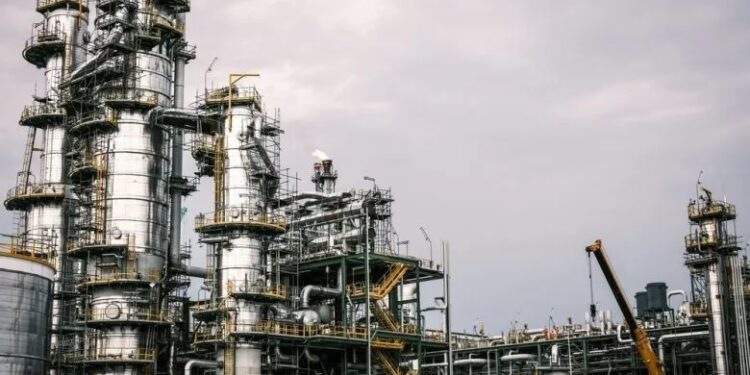By John Ikani
Nigerian refineries, including the massive Dangote Refinery, have significantly increased their domestic crude oil needs for the second half of 2024.
The demand jump, from 483,000 barrels per day (bpd) to 597,700 bpd, comes despite tight domestic supply, according to the Nigerian Upstream Petroleum Regulatory Commission (NUPRC).
The national oil regulator struggled to secure even half of the refineries’ initial request in the first six months of the year, providing only 177,777 bpd.
This shortfall has created friction, particularly with the Dangote Refinery, Africa’s largest.
Dangote accuses the NUPRC of failing to enforce a law requiring oil producers to prioritize domestic refiners. The weak enforcement, they claim, is raising operating costs and forcing them to import crude, potentially impacting their growth plans.
Reasons Behind the Supply Gap
The NUPRC explains that oil producers are facing operational challenges and have already committed most of their output to traders who financed drilling activities. They also stressed that forcing producers to increase supply would violate existing contracts.
The regulator remains optimistic, projecting national crude oil production to reach 1.7 million bpd by December 2024. This is higher than the 1.57 million bpd initially projected for the first half of the year, which producers fell short of meeting.
NUPRC data suggests eight refineries will be operational by August, boasting a combined capacity of 864,500 bpd. This means oil producers will need to supply over half their output to meet the refineries’ needs.
Fifty-two oil producers, including major international players like TotalEnergies, Chevron, Shell, and ExxonMobil, are expected to contribute crude, primarily through joint ventures with Nigeria’s state-owned oil company, the NNPCL.
While the projected increase in production offers hope for closing the supply gap, the refineries’ ability to secure the crude they need remains uncertain. Dangote’s accusations of lax enforcement and potential contract violations add further complexity.




































